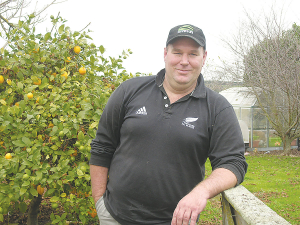Federated Farmers president Andrew Hoggard says recent findings from a Rabobank report are another reason why New Zealanders should consider a career in agriculture.
The 2022 Federated Farmers – Rabobank Farm Salaries Remuneration Summary Report found salaries across on-farm positions were up by a weighted average of 14% since 2020, with the mean salary rising to $63,931.
The report collates the results of a remuneration survey conducted across late 2021 and early 2022.
Dairy salaries, in particular, increased by an average of 15%, the report found.
The report also looks at Total Package Values, which factor in employment benefits such as food and vehicle use, workers’ length of service, accommodation costs and weekly hours worked.
“Our survey shows that on top of wages adding in other factors that make up the total value of remuneration packages for farm staff, such as accommodation, meat, firewood and KiwiSaver, there’s several thousand dollars of extra value to workers across all the sectors,” Hoggard says.
He says that in towns and cities, large chunks of workers’ income go towards accommodation costs. “But in our dairy sector 75% of employers provide accommodation for staff… with the average accommodation cost per week being $157-$187.”
“So as well as job security in a sector that has ploughed ahead through tough Covid times as the engine room of our economy, plus the satisfaction of working outdoors and growing quality food for families here and in scores of other countries, the survey makes clear there are solid pay packages available,” Hoggard says.
Rabobank chief executive Todd Charteris says the strong growth of remuneration rates is encouraging given the contribution the sector has made to the country’s economy in recent years.
“The food and agri sector has been the shining light of the New Zealand economy since the onset of the Covid-19 pandemic, and it’s promising to see those working in the sector are now receiving significantly higher salaries than they were two years ago,” Charteris says.
“For the sector to continue to flourish, it’s essential it is viewed as an attractive place to work. And competitive remuneration is a key ingredient that will help entice school leavers and other workers into on-farm roles.”











